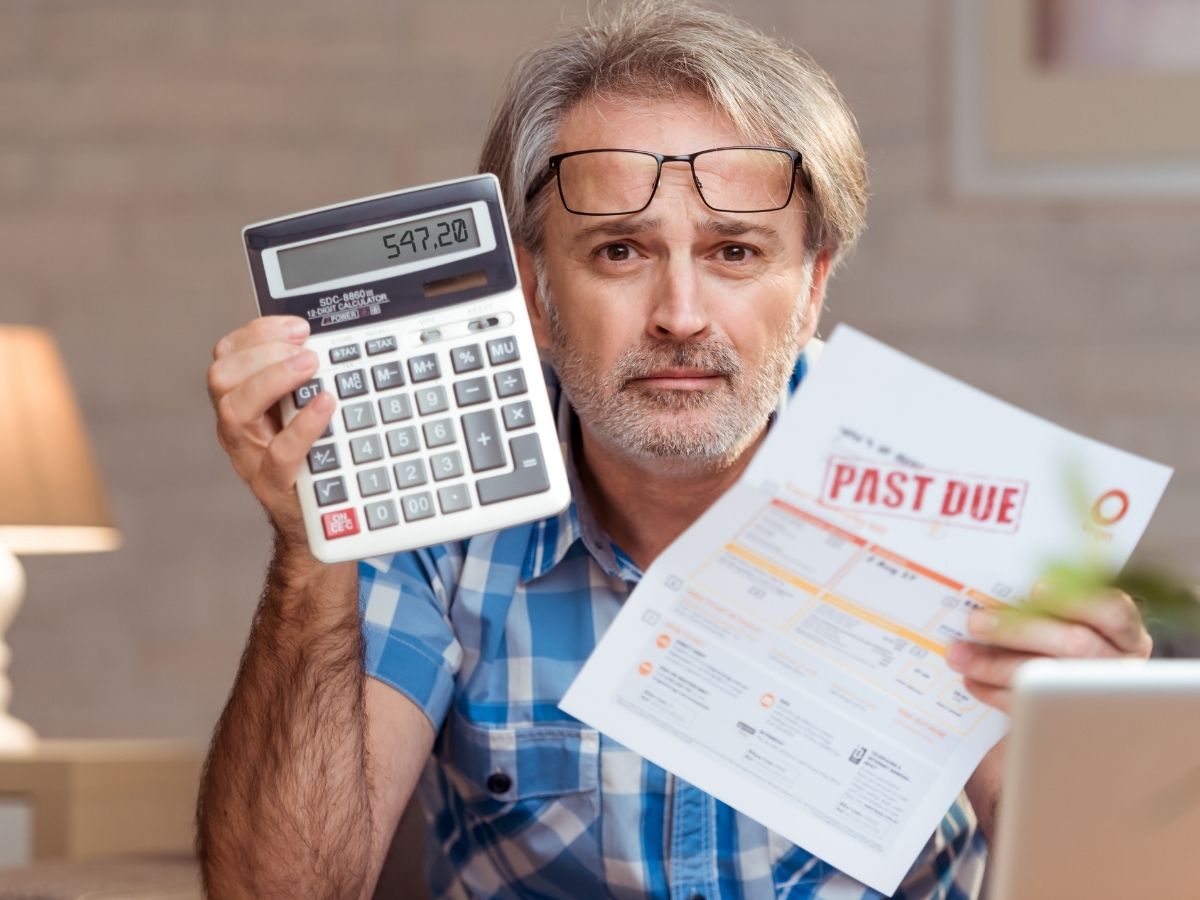Does Filing for Chapter 7 Bankruptcy Affect My Credit Rating?

If you have an overwhelming amount of debt that you believe you will never pay off, you may be considering declaring bankruptcy. While it may seem appealing and alleviate your financial stress, there are several drawbacks to filing Chapter 7 bankruptcy, including the initial hit on your credit.
Filing for Chapter 7 bankruptcy erases many of your debts, although you may need to file a special request to wipe out your student debt. It also doesn’t relieve you of your alimony and child support obligations, and you may still have to pay debts such as a mortgage lien.
Before filing for any type of bankruptcy, consult with an experienced Murrieta bankruptcy attorney. A lawyer experienced with California bankruptcy law can help you determine the best option for your financial situation.
What is Chapter 7 Bankruptcy?
Chapter 7 bankruptcy is a common solution for alleviating significant financial debt. As a form of liquidation bankruptcy, you must allow the court to sell off many of your assets to pay your creditors. Once sold, you won’t owe any more money on debts wiped out by the bankruptcy petition, even if the sale didn’t cover all your debts.
In California, the law protects certain assets from forced sale in bankruptcy. You can choose between two exemption rulings found in the California code. It’s best to ask your Murrieta bankruptcy lawyer for advice on which ruling works best for your situation. Generally, the law allows you to keep assets necessary to kickstart your new life after declaring bankruptcy.
Chapter 7 and Your Credit Rating
The effects on your credit rating depend on the type of bankruptcy you file. After filing for Chapter 7 bankruptcy, the information stays on your credit report for 10 years. This makes it harder to get a loan, from a car to a mortgage loan, for the next decade. While some lenders might loan a small amount to you, they will probably charge you a much higher interest rate.
Many people struggling with late payments have correspondingly poor credit ratings. If you’re facing a foreclosure or other similar legal action, it might make sense to erase all the debts. Foreclosures can remain on your credit rating for 7 years, so if you can avoid one and remove all your other debts at the same time, that could be worth the 10 year hit. However, if you’re only facing foreclosure and have no other debts, your bankruptcy attorney in Murrieta may advise an alternative action, like a short sale.
How to File Chapter 7 Bankruptcy
While you can file bankruptcy without a lawyer, the California Bankruptcy courts recommend that you seek legal advice. The process is complex, and because of the long-term effects this action can have on your financial records, reputation, and self-esteem, you want to ensure you choose the right path for you.
To qualify for Chapter 7 bankruptcy, you must meet a certain income threshold. Your Murrieta attorneys can help you determine whether you qualify. After filing a bankruptcy petition with your lawyer’s help, you receive an automatic stay that stops creditors from pursuing you during bankruptcy proceedings. In California, the entire process of a Chapter 7 bankruptcy can take between 4 and 6 months.
Contact Our Law Office for Legal Advice
If you are struggling to pay your debts, contact the law office of Jonathan Preston for a free consultation to learn if filing Chapter 7 bankruptcy is right for you.
Our legal team can discuss the alternatives, such as loan consolidation, to avoid bankruptcy and its adverse impact on your credit rating. If we determine bankruptcy is the best solution, we can guide you through the process, ensuring you qualify under California law and helping you choose the correct exemption law to preserve your valuable assets.


